Critical Thinking History Worksheets for Ages 4-9
20 filtered results
-
From - To
Unlock your child’s creativity and consideration with our engaging Critical Thinking History Worksheets designed for ages 4-9. These worksheets help young learners develop essential skills through interactive activities centered around historical events and figures. Children will explore various scenarios, analyze cause and effect, and understand different perspectives, all while having fun! Our worksheets are tailored to inspire curiosity and cultivate problem-solving abilities in an age-appropriate manner. With colorful illustrations and challenging prompts, these resources seamlessly blend learning with creativity. Ideal for educators and parents alike, our critical thinking activities encourage young minds to question, explore, and appreciate the world of history.
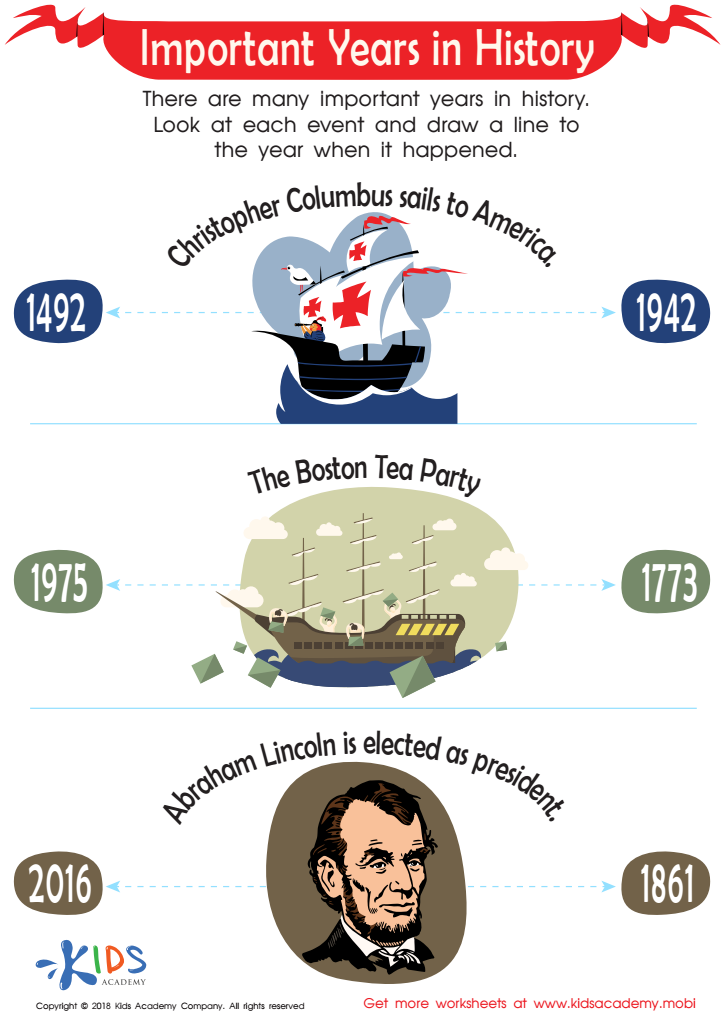

Important Years in History Worksheet
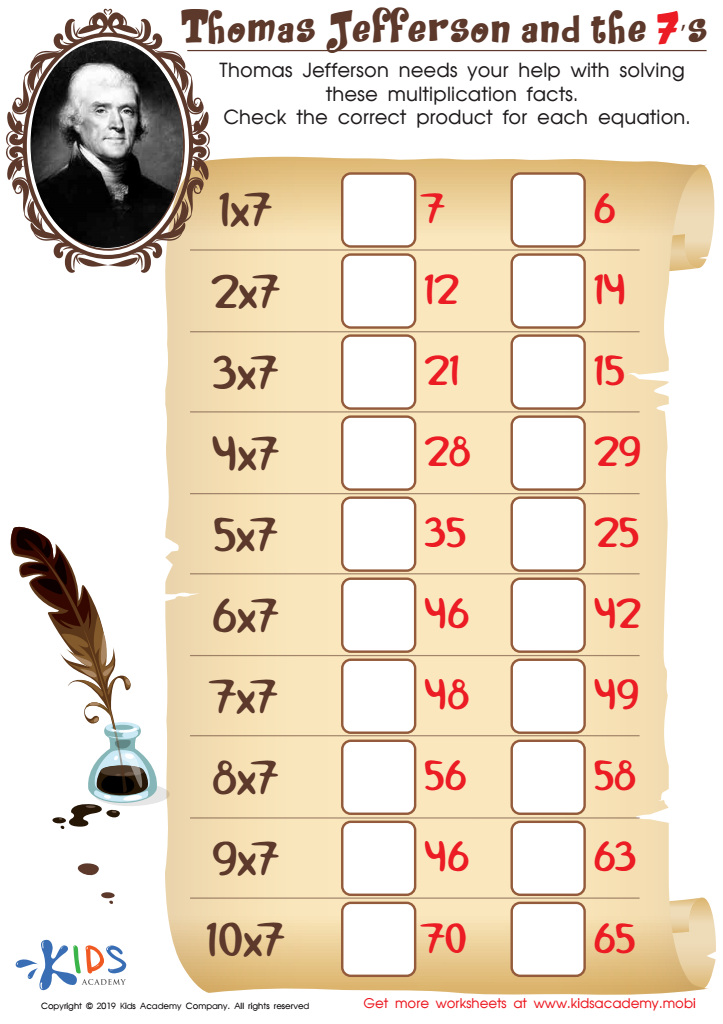

Thomas Jefferson and the 7’s Worksheet
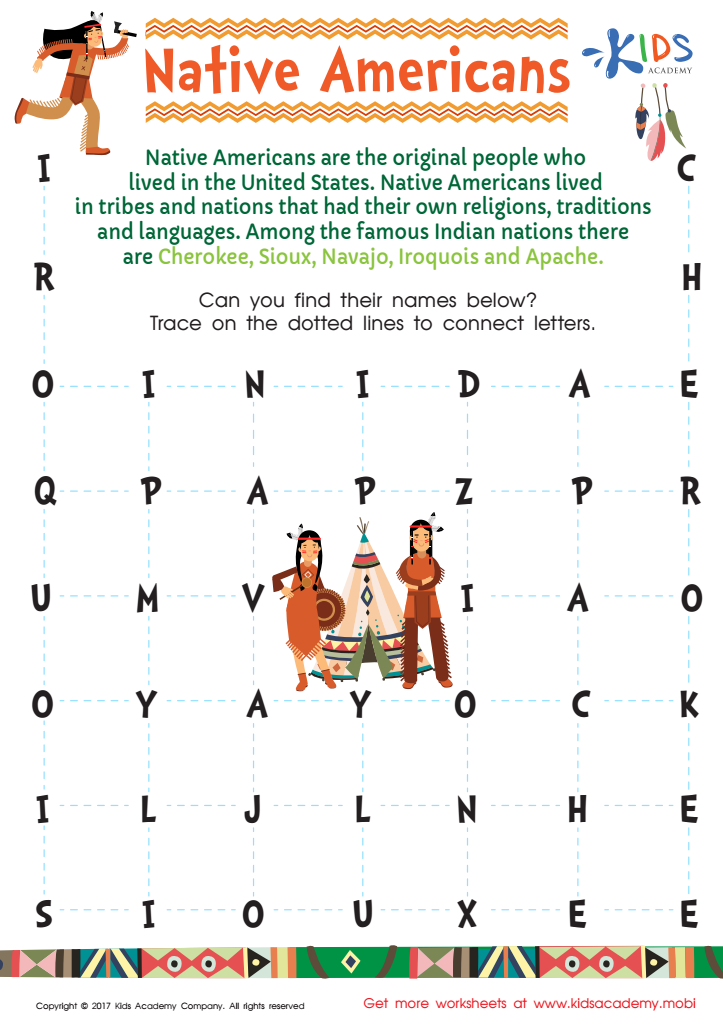

Native American Word Search Printable
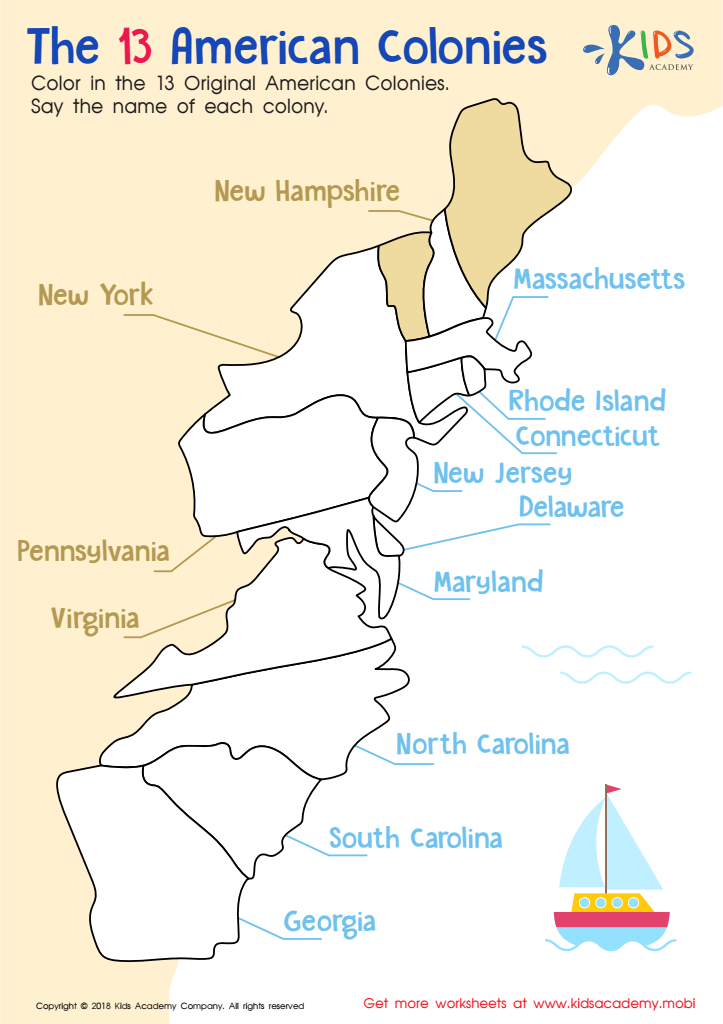

The 13 American Colonies Worksheet
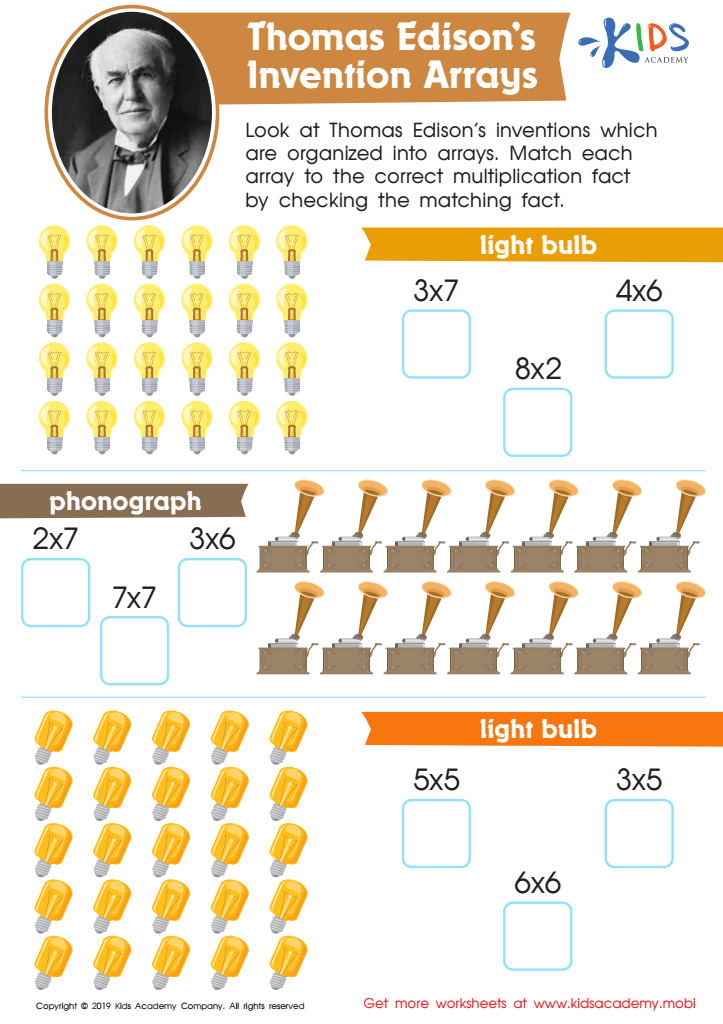

Thomas Edison’s Invention Arrays Worksheet
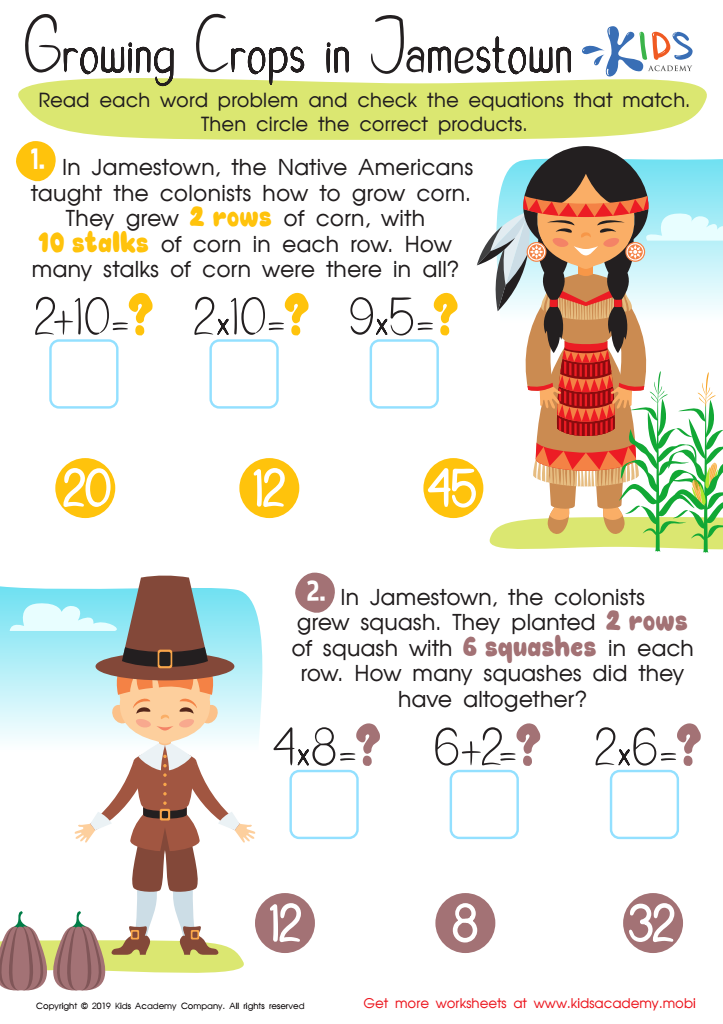

Growing Jamestown Worksheet
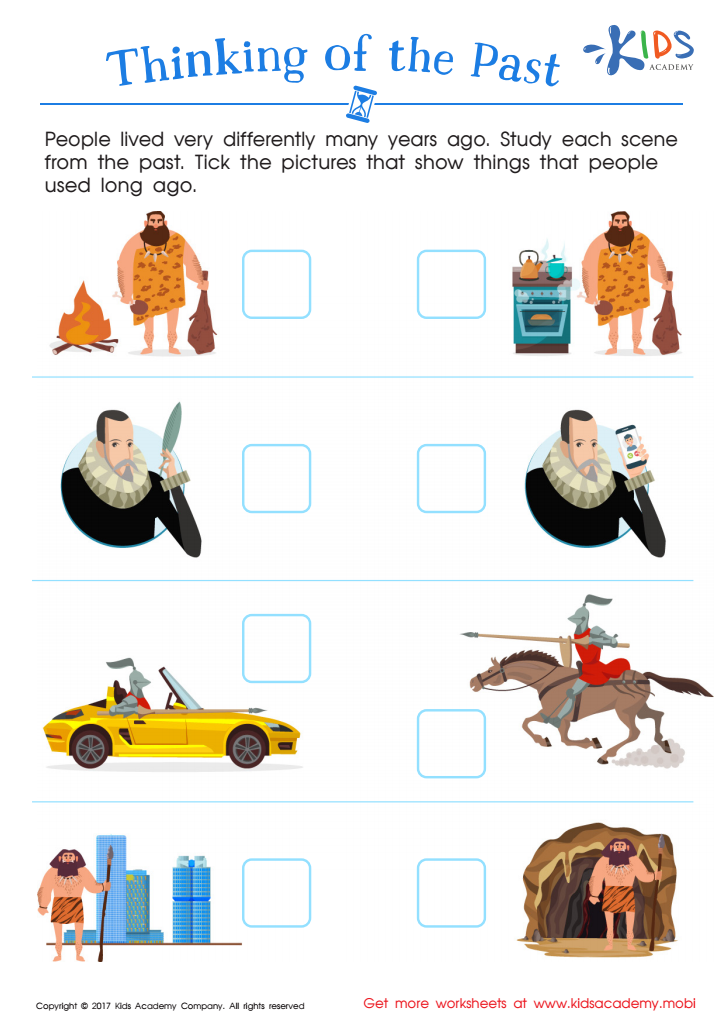

Thinking Past Printable
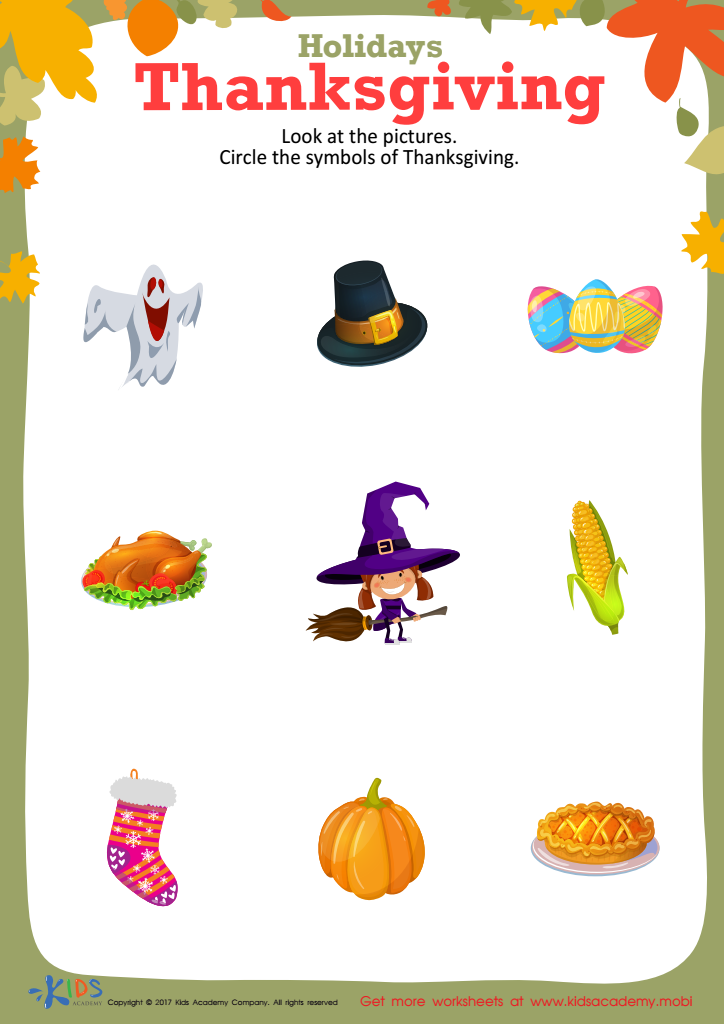

Thanksgiving Holiday Printable
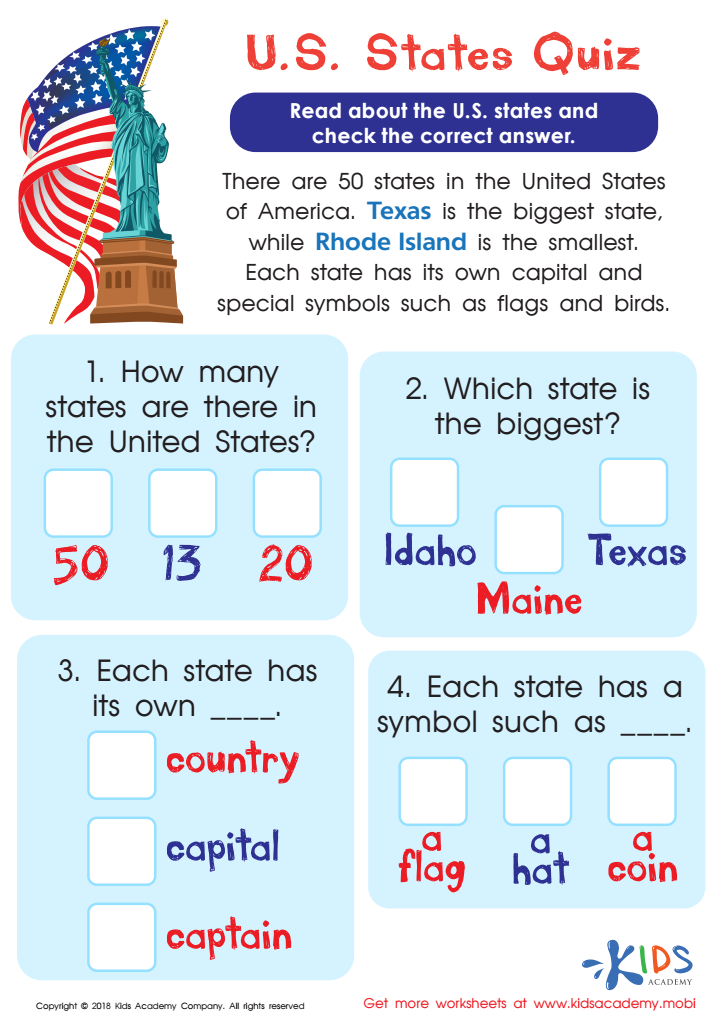

U.S. States Quiz Worksheet
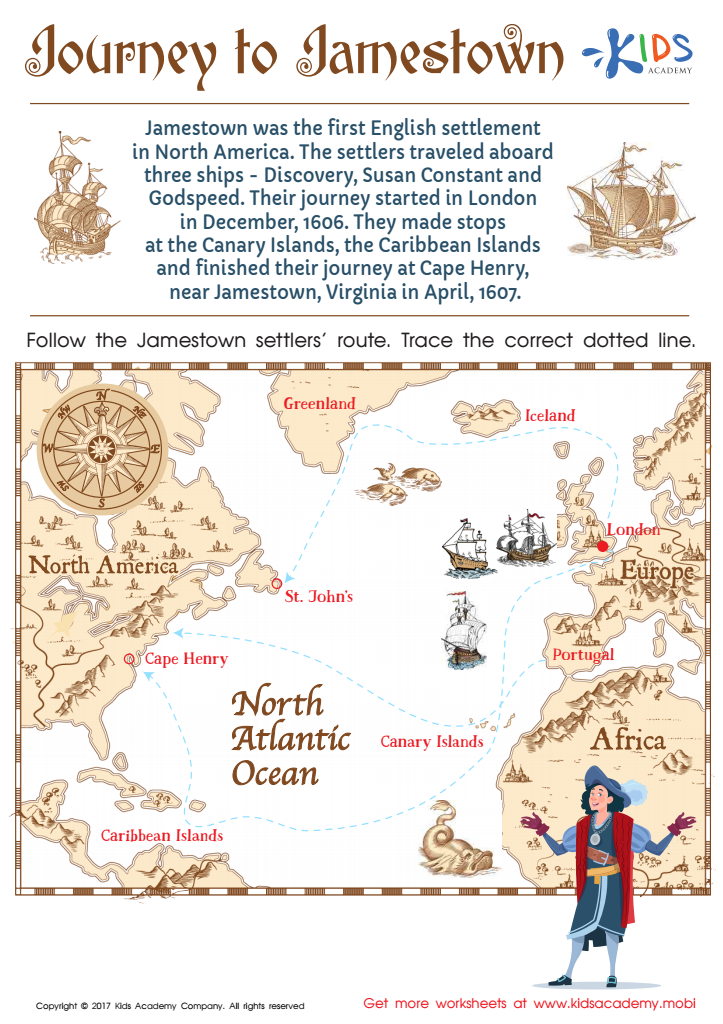

Journey to Jamestown Worksheet
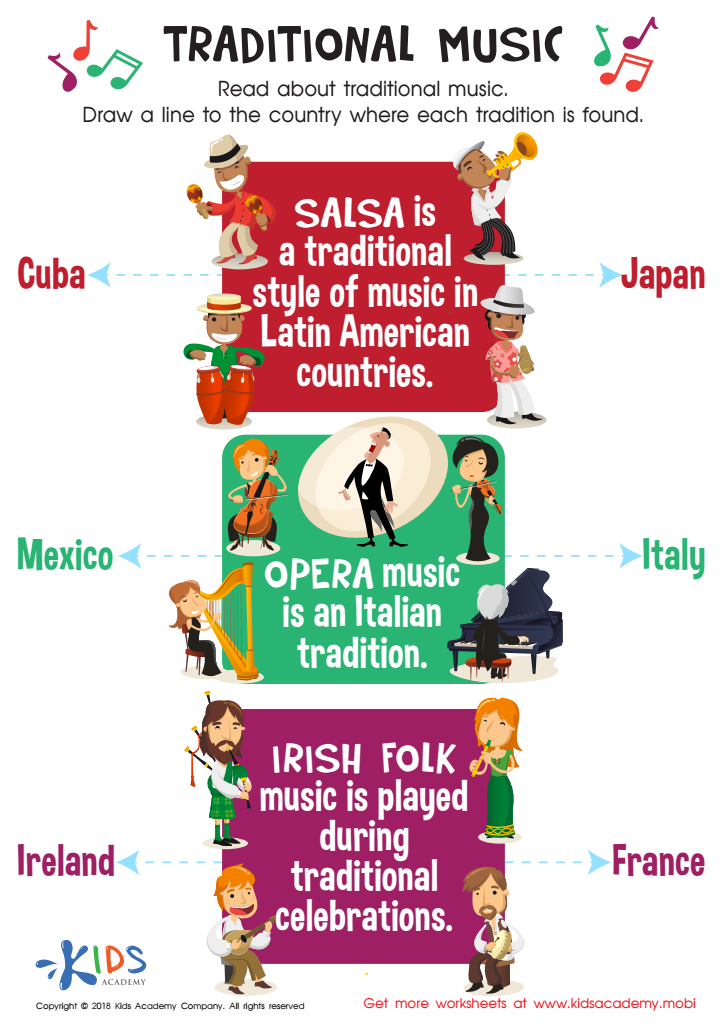

Traditional Music Worksheet
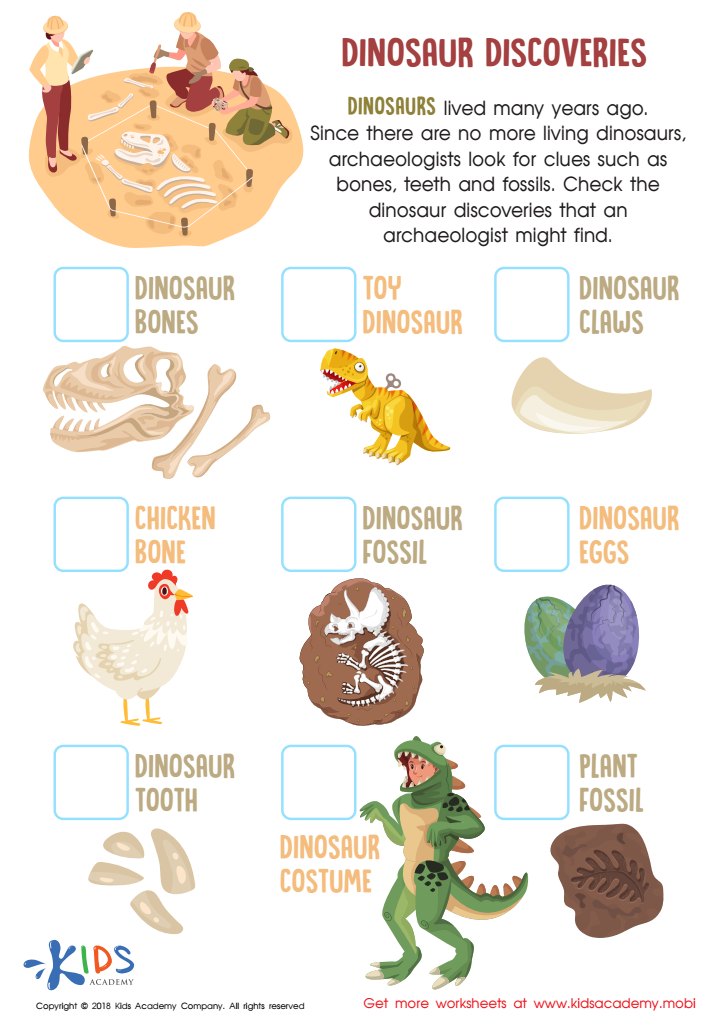

Dinosaur Discoveries Worksheet
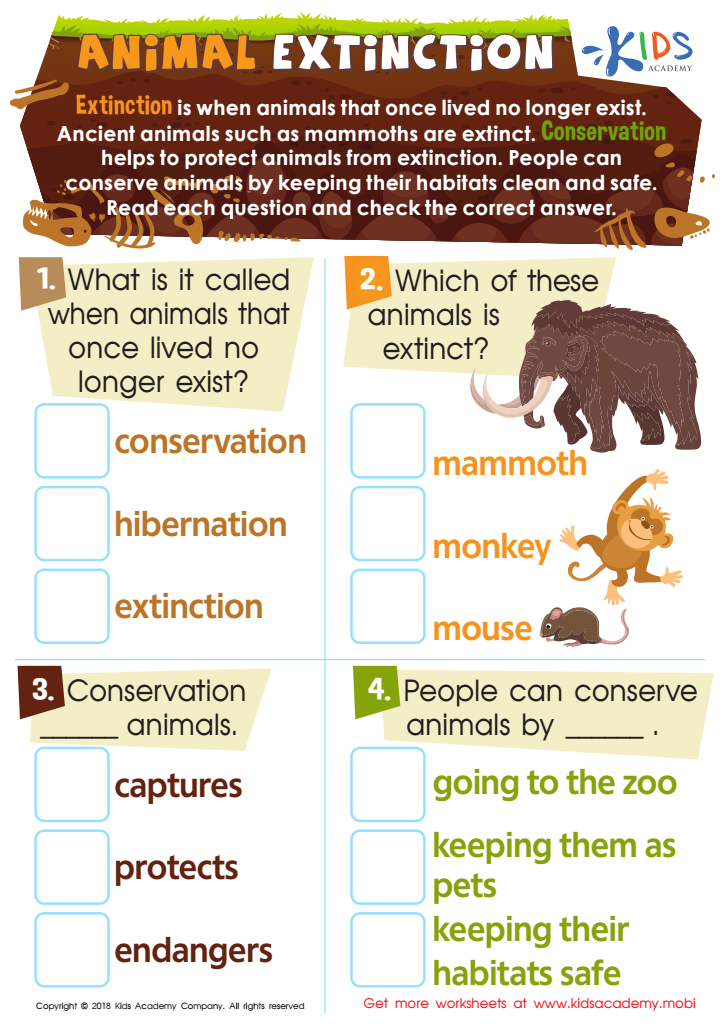

Animal Extinction Worksheet
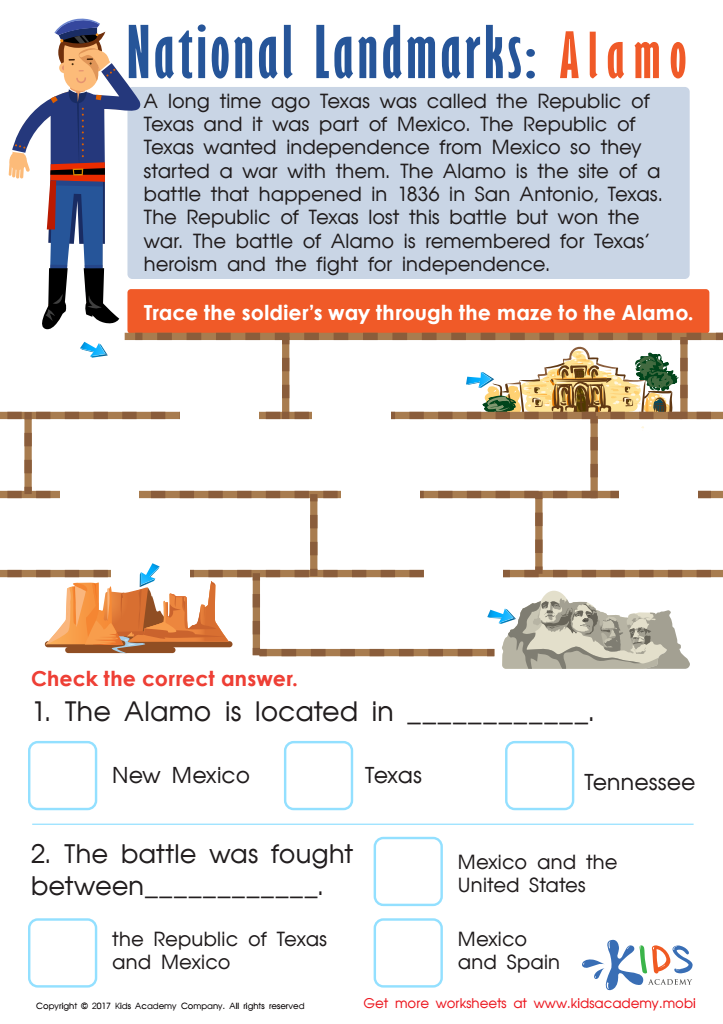

Alamo Printable Worksheet
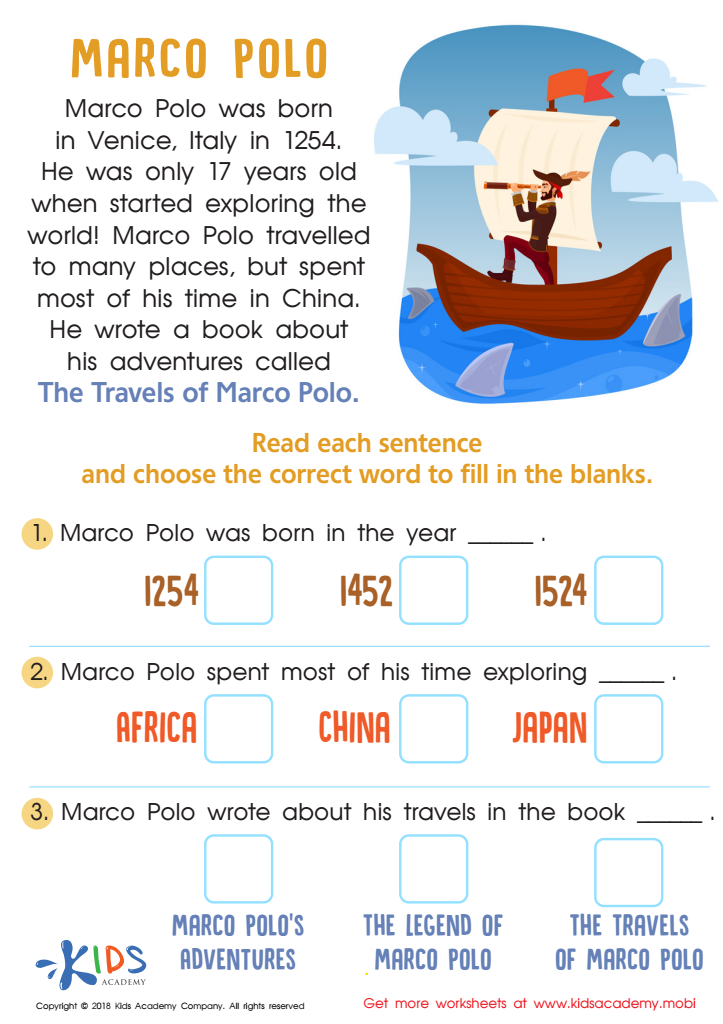

Marco Polo Worksheet
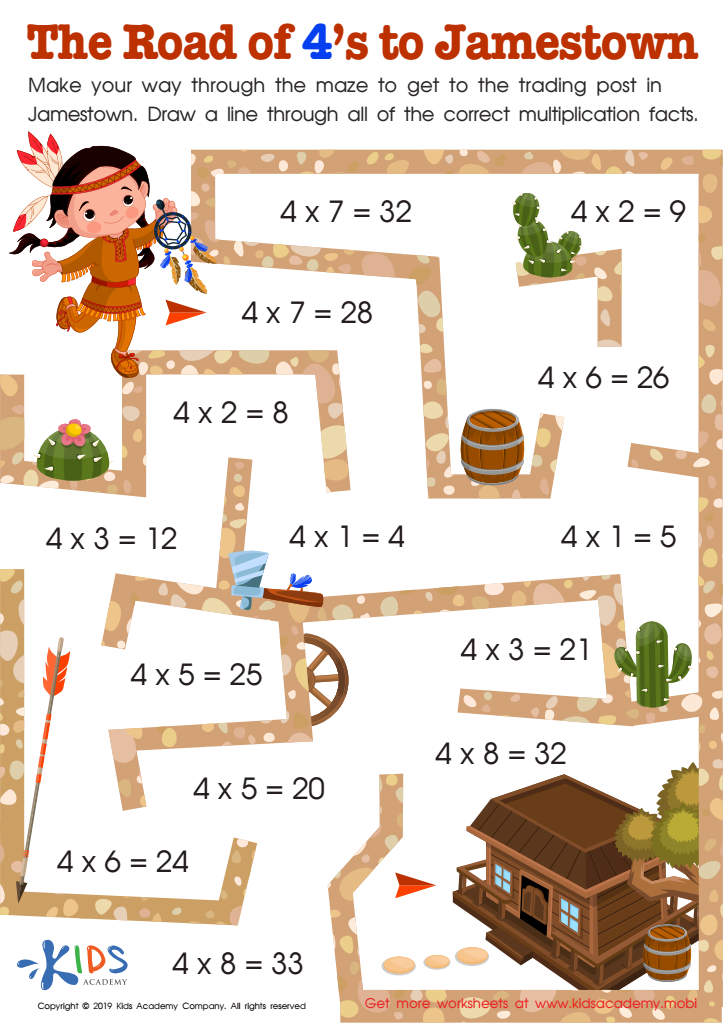

The Road of 4’s to Jamestown Worksheet
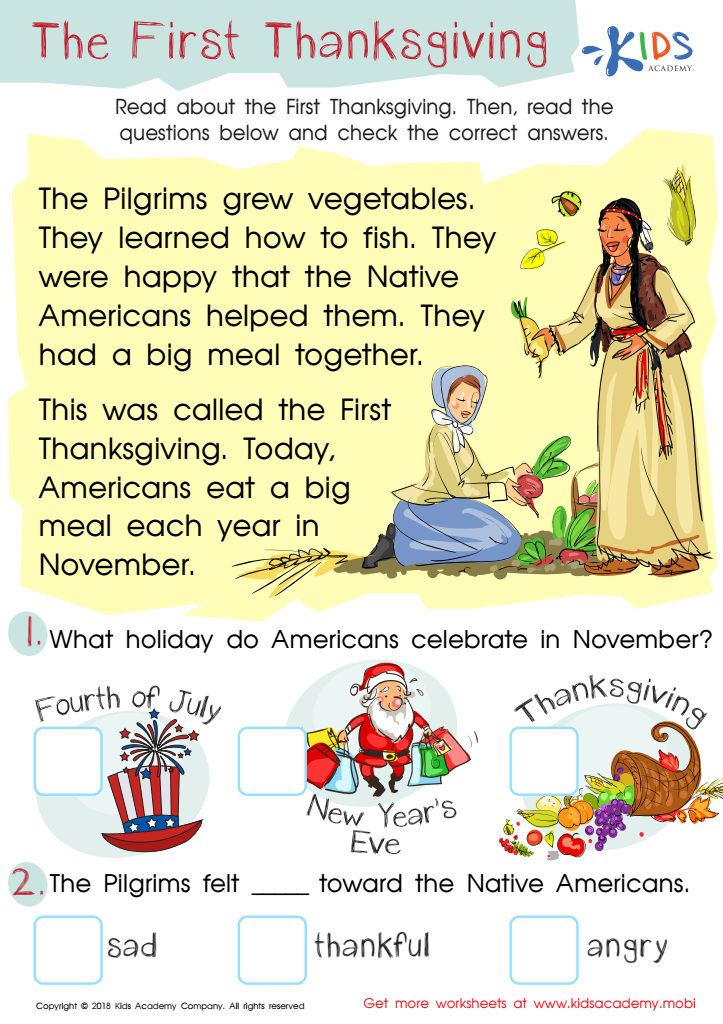

Assessment: First Thanksgiving Worksheet
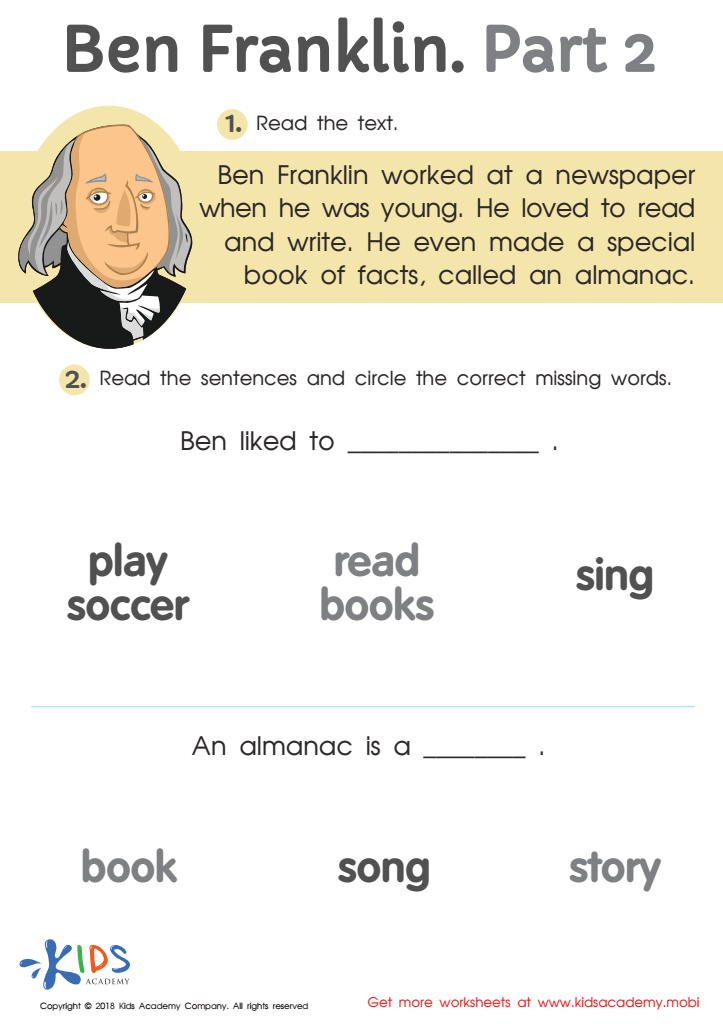

Ben Franklin Part 2 Worksheet
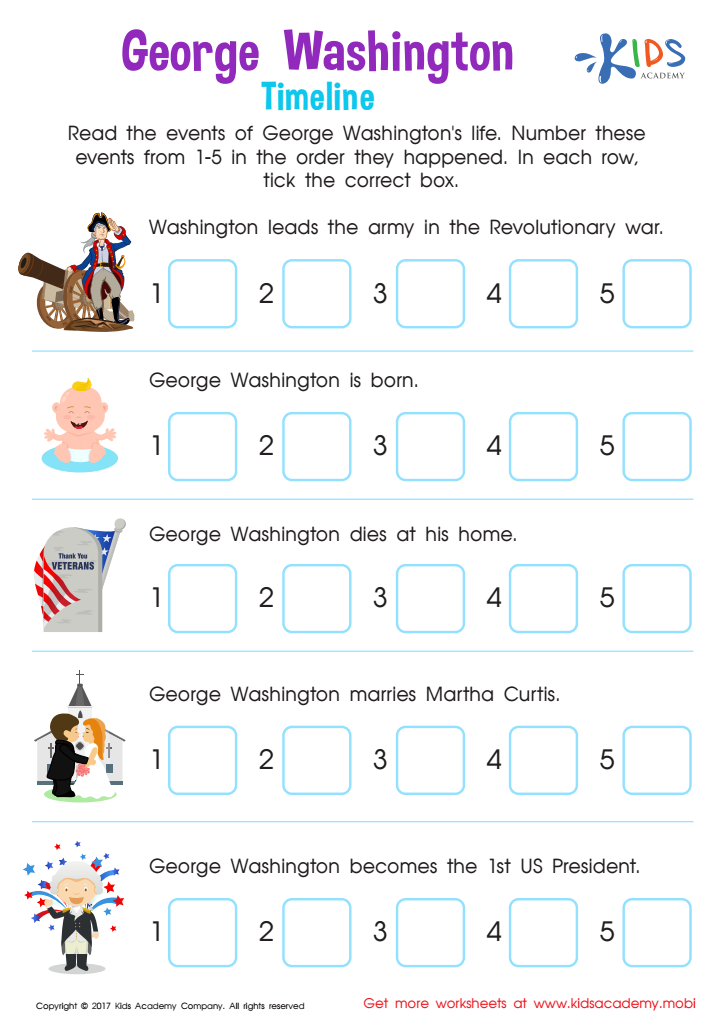

George Washington Timeline Worksheet


Gandhi Worksheet
Critical Thinking History for Ages 4-9 is vital for cultivating young minds into informed and analytical thinkers. At this developmental stage, children are naturally curious, asking questions about the world around them. Engaging them in critical thinking history helps nurture this curiosity and stimulates their ability to evaluate, analyze, and interpret information.
When parents and teachers introduce historical events and figures with a focus on critical thinking, they guide children to understand the complexities of the past. This approach teaches them not just to memorize facts, but to question sources, recognize bias, and appreciate multiple perspectives. Such skills are essential for making informed decisions and forming reasoned opinions—not only about history but in every aspect of life.
Furthermore, a strong foundation in critical thinking prepares children for the future, helping them become effective problem-solvers and responsible citizens. As they grow, these skills will enhance their academic performance, improve their communication abilities, and boost their confidence in navigating a multi-faceted world.
Ultimately, fostering critical thinking from a young age empowers children to engage thoughtfully with history and their environment, ensuring they become engaged, empathetic, and informed adults.

 Assign to My Students
Assign to My Students






















